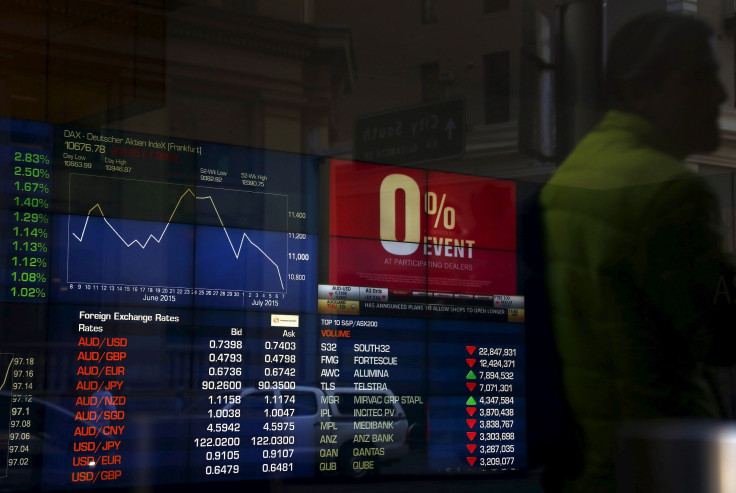Global Markets Overview - April 19, 2016

Much A-Doha About Nothing?
While Asian markets were impacted by the failure of the oil deal yesterday, European and US markets shrugged off these concerns and pushed steadily higher. After the WTI oil price hit an intraday low of US$37.61, it managed to retrace much of its selloff and push back above the US$40 level. The price may have been helped somewhat by news of Kuwait’s oil workers striking on Sunday , which has seen their daily production drop by 60%. But also sentiment in the market has improved substantially, the International Energy Agency (IEA) issued a report on 14 April predicting that global oil markets “would move close to balance” in the second half of the year and that US shale production would fall to its lowest level in two years next month.
The Aussie dollar gained over 0.3% yesterday, but with huge intraday volatility. Today’s 11.30 am AEST release of the RBA’s most recent minutes is likely to be quite volatile for the Aussie, as its lofty levels make it very susceptible to any noticeable jawboning. Iron ore also gained 3.6% overnight to push back above the US$60 level, helped along by solid further gains in Chinese house prices and weakness in the USD.
But the big development Australia last night was the definitive rejection of the Australian Building and Construction Commission (ABCC) Bill by the Senate. The Bill needed six out of eight of the cross-benchers in the Senate for it to pass, but only four cast votes in favour, providing the Turnbull government with a clear-cut trigger for a double dissolution election to take place on 2 July . This largely means rate cuts by the RBA are definitively off the table in 2Q as a national election campaign is carried out, and given governor Glenn Stevens retires in September the earliest possible time for RBA cuts is likely 4Q.
Labour has managed to pull its two-party preferred vote back in line with the LNP as the Prime Minister has been distracted trying to engineer a double dissolution election and fight off insurrection from the right of his party. Bookies still are picking the LNP to win the election and the big question is whether Turnbull will start to strongly pull ahead now that his attention is no longer focussed on engineering the situation for a double dissolution trigger. In any case, Labour is likely to see a swing towards them and pick up a few extra seats, which would probably be enough to see Bill Shorten keep his job. The uncertainty is how the Senate will eventuate under the new Senate reform laws, and it’s questionable as to whether it will necessarily make it easier for the LNP to get laws through.
Energy stocks were the best performers in the S&P 500 overnight. The strong correlation between equities and the oil price is set to see a strong day in day in Asia. The ASX is set to open 1.2% higher above 5200, which would be its strongest performance since 18 March . The Nikkei was one of the worst performers in Asia as investors bought up the yen as a hedge against a potential oil-driven selloff, but it looks set to retrace much of yesterday’s performance and open 2.3% higher.
The US NAHB Housing Market Index was expected to bounce back to 59, but continued at 58. US housing activity has followed a range of other activity indicators into weaker territory in 2016.
ANGUS NICHOLSON
Market Analyst
IG, Level 15, 55 Collins street, Melbourne VIC 3000
D: +610398601747 | T: +61398601711
www.ig.com
IG Markets
[Kick off your trading day with our newsletter]
More from IBT Markets:
Follow us on Facebook
Follow us on Twitter
Subscribe to get this delivered to your inbox daily





















